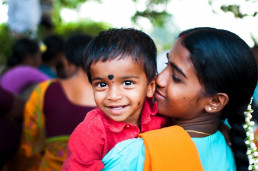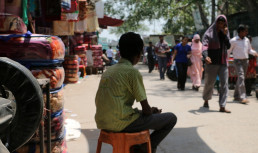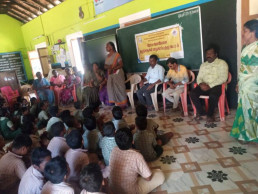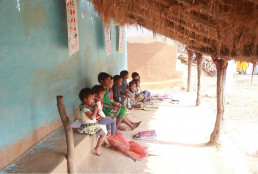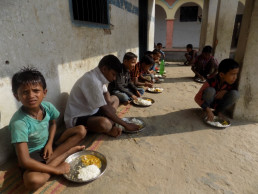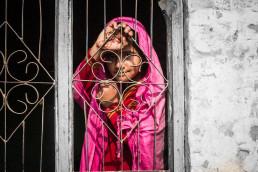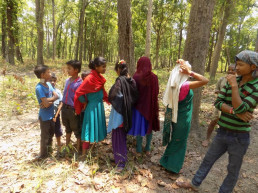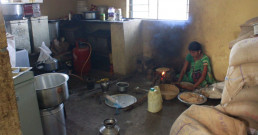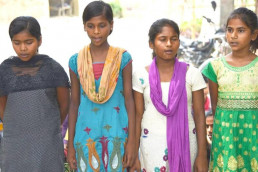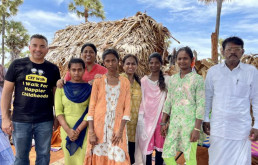In a country where malnutrition continues to be a critical issue, the health and nutrition of underprivileged children in India should be at the forefront of our concerns. The impact of malnutrition on these children goes beyond their physical health. It severely hampers their cognitive development, making it difficult for them to perform well in school and hindering their chances of breaking the cycle of poverty. Underserved children are denied the opportunity to reach their full potential, and as a society, we cannot afford to overlook their plight.
Impact of Malnutrition on the Well-Being of Children
Malnutrition has severe consequences for the health and well-being of children. Inadequate nutrition leads to weakened immune systems, making children more susceptible to diseases and infections. It also hampers their physical growth, resulting in stunted height and weight, which can have long-term effects on their overall development.
Furthermore, malnutrition negatively impacts cognitive development. Children who experience malnutrition at a young age often struggle with learning, hindering their ability to perform well in school. This perpetuates a cycle of poverty, as these children are unable to acquire the knowledge and skills necessary to break free from the limitations imposed by their circumstances.
The consequences of malnutrition extend beyond the individual level. The economic burden of malnutrition in terms of healthcare costs and reduced productivity is substantial. Moreover, a nation’s development is hindered when a significant portion of its population is unable to reach their full potential due to malnutrition. Therefore, addressing malnutrition among marginalized children is not only a moral imperative but also an economic and societal necessity.
Factors Contributing to Malnutrition in Underprivileged Communities
Several factors contribute to malnutrition in marginalized communities. Poverty is a significant underlying cause, as it limits access to nutritious food and healthcare. Families living in poverty often cannot afford a balanced diet, resulting in a reliance on cheap, calorie-dense foods that lack essential nutrients.
Lack of access to clean water and sanitation facilities is another contributing factor. Poor hygiene practices and inadequate sanitation increase the risk of infections and diseases, further exacerbating the impact of malnutrition on children’s health.
Gender inequality also plays a role in malnutrition. In many marginalized communities, girls are given less priority when it comes to food, resulting in unequal distribution and inadequate nutrition for female children. This perpetuates a cycle of malnutrition and discrimination, as malnourished girls grow up to become malnourished mothers who are unable to provide adequate nutrition for their own children.
Importance of Community Engagement in Tackling Malnutrition
Community engagement and empowerment is crucial in tackling malnutrition in marginalized communities. When communities are actively involved in the decision-making process, they take ownership of their nutritional well-being and are more likely to adopt sustainable practices.
Educating community members about the importance of nutrition and providing them with the knowledge and skills to make informed choices is essential. This can be achieved through awareness campaigns, nutrition education programs, and skill-building workshops. By empowering individuals and communities, we can create a supportive environment that fosters healthy eating habits and optimal nutrition.
CRY America, an NGO for children, actively champions the well-being of marginalized children, emphasizing transformative initiatives in health and nutrition. Your invaluable donation empowers this cause, ensuring that at-risk children access vital healthcare and nutrition resources. By supporting CRY America, you directly contribute to breaking the cycle of poverty and fostering a healthier future for these youngsters. Your generosity becomes the catalyst for positive change, offering underprivileged children a chance at improved health and nutrition. Donate for children to become a beacon of hope for a brighter, healthier tomorrow for India’s children.
Recommended for you












